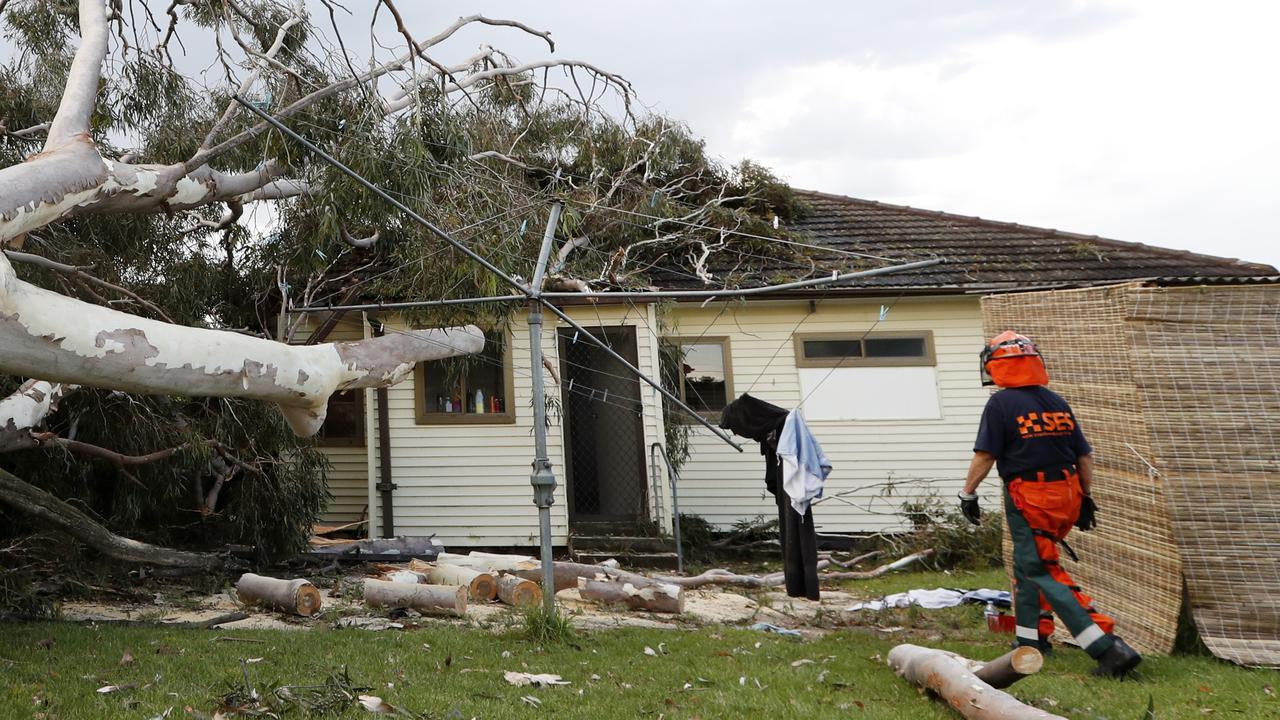Lament of the frequent flyers
The jetset lifestyle is not always as glamorous as it might sound.

While checking into a hotel for a conference several years ago, I asked the receptionist where I could get some dinner. There was no restaurant in the hotel, I was told, my only options were ordering from a fast food chain or a pizza joint. I went with the pizza, but the lack of choices was annoying — so much so that, when I got home, I started looking into the data on health and travel for work.
My experience is far from unique. According to the Global Business Travel Association and American Express, Americans took more than 500 million domestic business trips in 2016. And while many workplace health programs provide immunisation, information about food-borne illnesses, and alerts about civil or political unrest, few focus on a more common threat to health: the stress, sleep interruption, unhealthy eating and drinking and lack of exercise that are common side-effects of being on the road. Over the long term, these issues can add up to chronic disease risks.
To investigate the link between business travel and chronic disease, my colleagues and I turned to data from Environmental Health Engineering, a consultancy that provides preventive exams, screenings and wellness program services to tens of thousands of employees a year working at companies in the US. In addition to preventive medicine exams, the full patient encounter includes a comprehensive online health assessment that asks about the frequency of business travel.
When we analysed the data, we found a strong correlation between the frequency of business travel and a range of health risks. Compared to those who spent one to six nights a month away from home for business travel, those who spent 14 or more nights away had higher body mass index scores and were more likely to report poor self-rated health, symptoms of anxiety, depression and alcohol dependence, no exercise, smoking, and trouble sleeping. The odds of being obese were 92 per cent higher for those who travelled 21 or more nights per month compared to those who travelled only one to six nights per month.
Although only 12 per cent of employees in the data travelled for business 14 or more nights per month, the clustering of health conditions among frequent travellers is worrying, both for their own health and the organisations they work for. Physical, behavioural and mental health issues can create costs for employers through higher medical claims, reduced employee performance, absenteeism, and short-term disability. The effects of these issues have the potential to strain relationships with clients and suppliers.
Our results are backed up by other research. A study of health insurance claims among World Bank staff found that travellers had higher claims than their non-travelling peers for all conditions considered, including asthma and back disorders. The highest increase in health related claims was for the stress-related disorders. A second World Bank study found that almost 75 per cent of the staff reported high stress related to business travel. And an analysis of health risk appraisal surveys conducted at a large multinational found that international travel was associated with higher alcohol consumption, lower confidence in keeping up with the pace of work and lower perceived flexibility in fulfilling commitments.
So what can companies do to help employees develop healthy habits while travelling? We suggest a combination of education and improvements in policies around travel. First, employees need to be aware that business travel can predispose them to poorer health decisions. The steak with fries and a late-night cocktail at the hotel bar might seem easily justifiable as a reward for a long day of client meetings. But research finds that restaurant food contains more calories per serving, is higher in total fat and saturated fat and contains less dietary fibre than meals prepared at home.
Research suggests the higher calorie content of restaurant food is compounded by stress, which is linked to preferences for even more high calorie foods. Given this, employers should help employees learn to identify the healthiest options available, and help them prepare in advance if they wind up at a hotel like the one I visited, with few choices nearby.
It’s harder to maintain an exercise regime when you are on the road. Over the long term, high-calorie rewards for a job well done can add up to weight gain and cardiovascular disease risks. Supporting exercise among employees can help prevent weight gain, and can help reduce stress. One thing employers can do is to ensure their preferred accommodations have gyms.
Hotel gyms can be minimalist and a bit depressing, but an alliance of sorts between employers and hotel chains could work to improve the experience. If hotel gyms aren’t an option, employers could also provide memberships to gym and health club chains.
Employers can also provide training in a variety of stress management techniques. Cognitive behavioural therapy and stress reduction training are therapeutic options that provide coping strategies and have been shown to be effective for managing depression, anxiety and workplace stress.
The accumulating evidence linking extensive business travel to health risks needs to be factored into the cost-benefit analysis of the practice. Business travel can surely be educational, and even fun, not to mention necessary for many people; but the wear and tear resulting from constant trips may not be altogether worth it.
If you travel for work regularly, it’s worth pausing to examine whether you actually need to be on the road — and if you do, how you can mitigate the effects of stress and be mindful about your dietary choices. And if you have employees who are often between cities, you owe it to them to provide the education, tools and resources so they can maintain healthy lifestyles while on the road.
Andrew Rundle is an associate professor of epidemiology in the Mailman School of Public Health. Copyright 2018 Harvard Business School Publishing Corp. Distributed by the New York Times Syndicate.



To join the conversation, please log in. Don't have an account? Register
Join the conversation, you are commenting as Logout